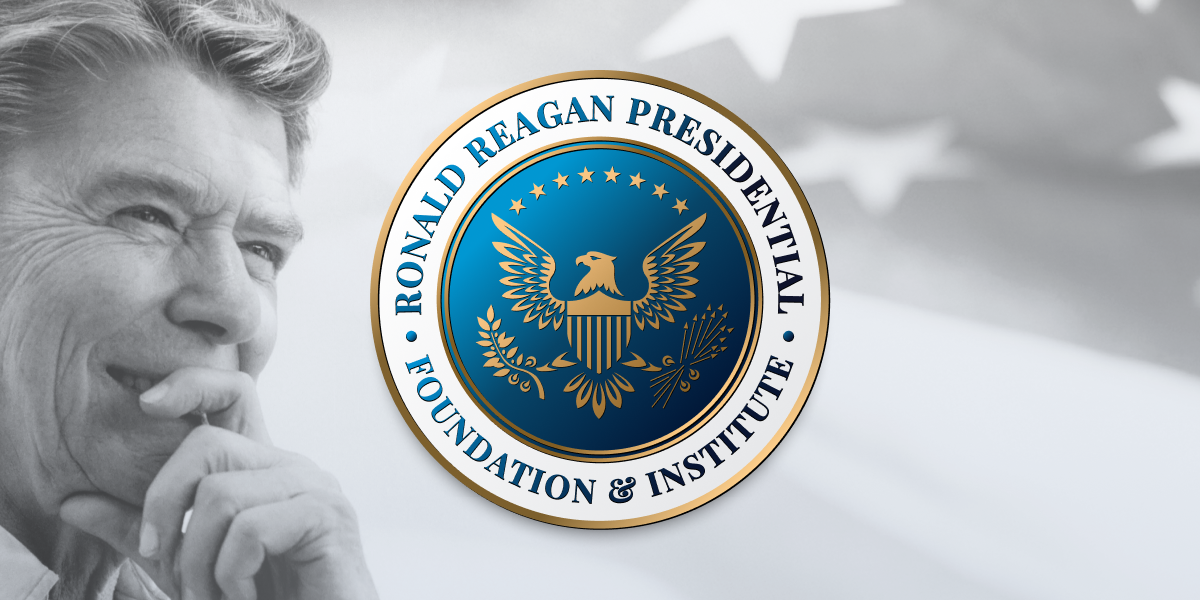You are using an out of date browser. It may not display this or other websites correctly.
You should upgrade or use an alternative browser.
You should upgrade or use an alternative browser.
Lighting leftist lies on fire; AKA updated 'debunking Democrat disinformation' - they lie so often that this'll require new threads periodically
- Thread starter Diogenes
- Start date
Clearly, anti-tariff, anti-protectionist as an economic policy. Opposite of Trump.
Reagan signed the Trade and Tariff Act of 1984 giving the President unilateral authority to impose tariffs.He used tariffs to protect American industry, as leverage, and in retaliation, regularly.
Regarding presidential authority to impose tariffs, the act did grant expanded unilateral powers to the executive branch, building on prior laws like the Trade Act of 1974. Key provisions included:
- Clarification and strengthening of Section 301: This allowed the president (via the U.S. Trade Representative) to investigate and respond unilaterally to unfair foreign trade practices—such as intellectual property violations or discriminatory barriers—by imposing tariffs, quotas, or other retaliatory measures without needing congressional approval in many cases.
en.wikipedia.org - Steel industry enforcement: Title VIII provided the president with new authority to enforce voluntary export restraints and impose tariffs or quotas on steel imports to prevent market disruptions, as part of Reagan's September 1984 steel policy.
reaganlibrary.gov +1 - Broader negotiation and retaliation powers: The act increased the president's ability to negotiate tariff reductions or retaliate against trade barriers, including fast-track procedures for certain agreements while retaining unilateral options for enforcement.
upi.com
reaganlibrary.gov
This aligns with the act's pro-free-trade stance (Reagan vetoed protectionist bills like the 1987 Gephardt Amendment), but it equipped the president with tools for unilateral action when needed to ensure "fairer trade."
nytimes.com
Now, an advertisement sponsored by Ontario's provincial government which is part of a $75 million campaign airing on US networks like Fox News, NBC, CBS, and during events such as Game 7 of the American League Championship Series, featured audio from a 1987 radio address by former US President Ronald Reagan.
In the first part of the speech, Reagan, a Republican icon and free-trade advocate, warned about the dangers of relying on long-lasting tariffs.
The problem is that the truncated version edited out the late president's statements supporting the use of tariffs by a POTUS when needed in trade negotiations.
A statement from the Ronald Reagan Presidential Foundation and Institute criticized the ad for using "selective audio and video" that "misrepresents" Reagan's full address.
The foundation noted it did not approve or sponsor the ad and is "reviewing legal options."
It encouraged viewing the unedited speech on its YouTube channel, where Reagan balances tariff criticism with support for targeted protections.
Similar Reagan clips had been shared by Chinese officials earlier in 2025 amid their own tariff disputes with Trump.
This clearly an attempt by a foreign government using deception to influence Americans on American policy.

The Ronald Reagan Presidential Foundation & Institute
The Ronald Reagan Presidential Foundation provides education, scholarships, exhibits, events, and media related to the lives of Ronald and Nancy Reagan.
View: https://x.com/RonaldReagan/status/1981524620265046408
